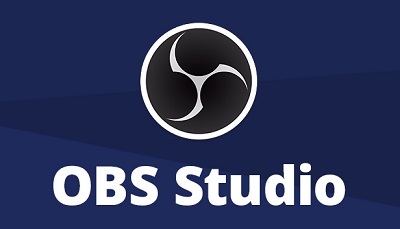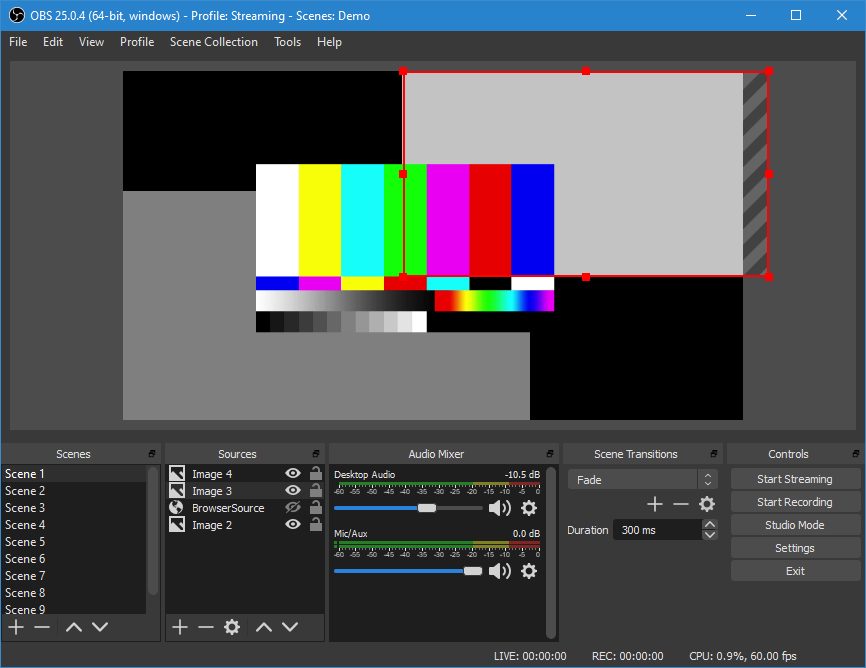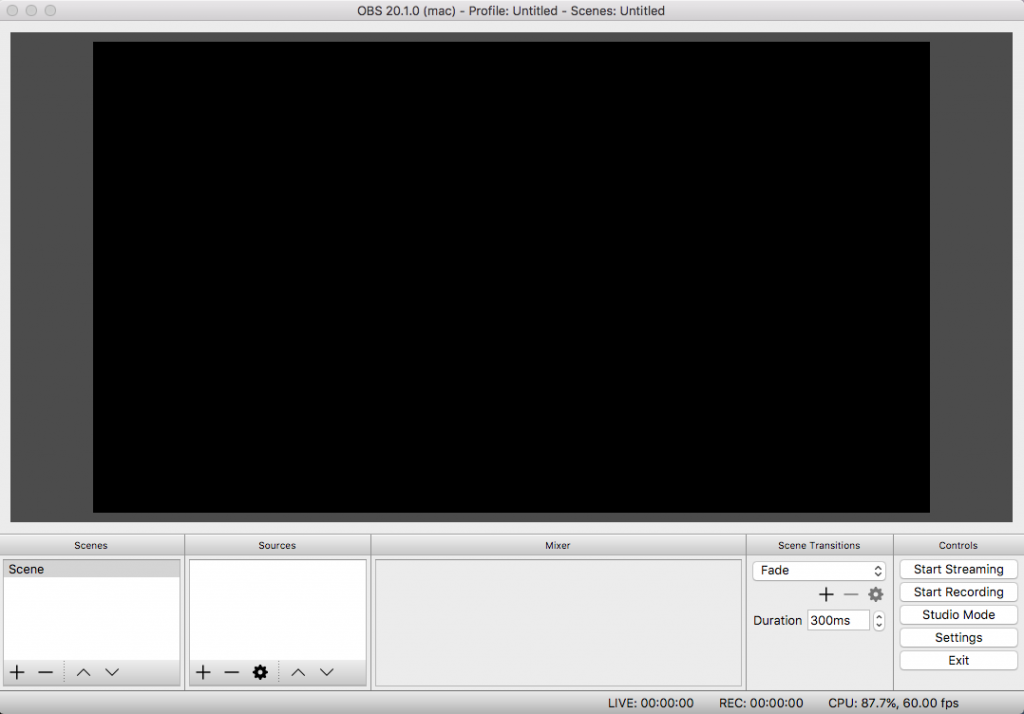


One thing to keep in mind is that, despite support for Apple Silicon Macs in the main OBS app, third-party plugins will also need to be updated to work with the M1 and M2 chips natively.īut of course, other new features and enhancements are coming with the OBS update. When an app has native Apple Silicon support, it not only runs faster but also consumes less power, which is great for MacBook users. However, these apps can’t take advantage of the full performance of the ARM chips made by Apple. This means that users of Macs with the M1 and M2 chips will notice a significant performance boost when using OBS.Īpple Silicon Macs can run Intel apps without major issues in most cases, thanks to Rosetta technology.

The platform this week released the first beta of OBS Studio 28, which not only adds new features but also runs natively on Apple Silicon Macs.Īs shared by the app’s developers on its official website, the latest beta update of OBS Studio finally brings native support for the Apple Silicon platform. Although the app has been available for macOS users for quite a while, the current version of OBS is only fully compatible with Intel Macs. OBS is one of the most popular apps for livestreaming.


 0 kommentar(er)
0 kommentar(er)
